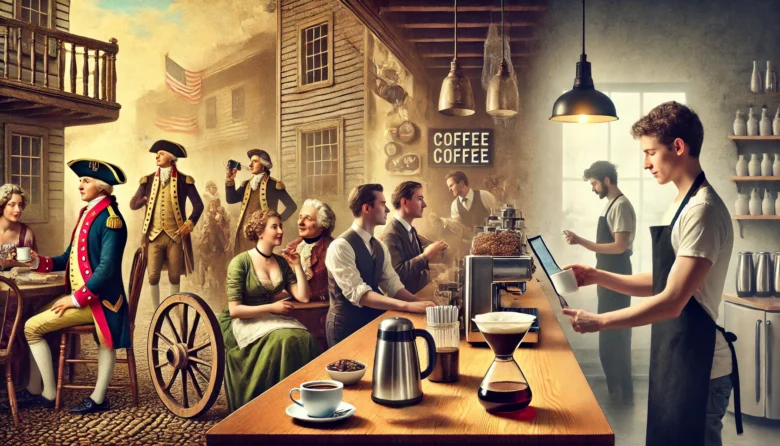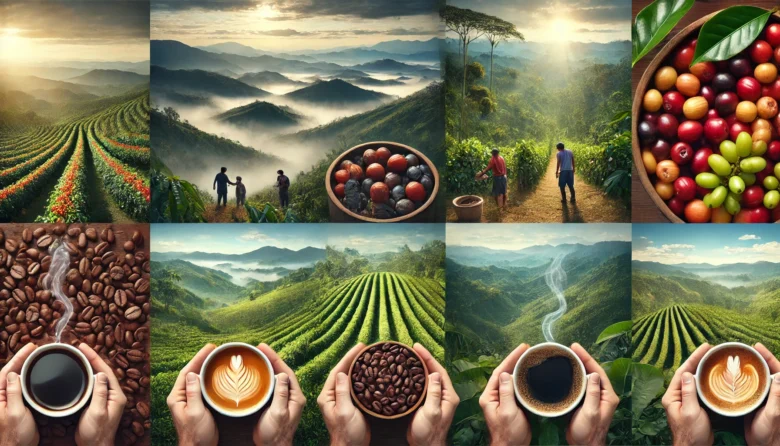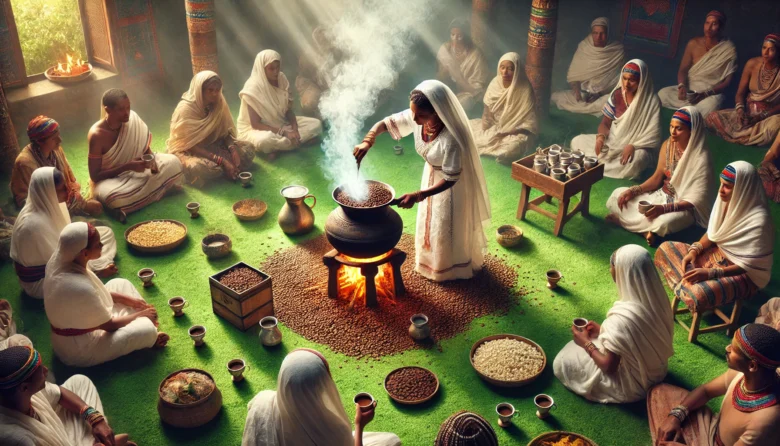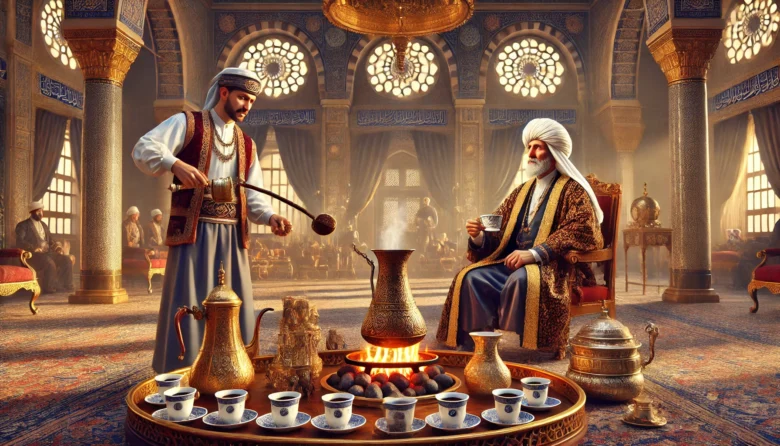Coffee is a beverage with a rich aroma and even richer history. While its social and cultural impact is widely celebrated, its ties to colonialism, empire-building, and exploitation are often overlooked. Behind every cup brewed in Europe or the Americas during the colonial era was a global supply chain fueled by conquest, forced labor, and …
The United States is one of the largest coffee-consuming nations in the world, but its journey with coffee has evolved dramatically over time—from mass-produced instant brews to today’s sophisticated specialty scene. America’s coffee story is one of reinvention, innovation, and a deepening appreciation for what goes into each cup. In this article, we’ll explore how …
At the heart of every cup of coffee lies a humble seed—the coffee bean. But not all beans are created equal. The global coffee industry is dominated by two primary species: Coffea arabica and Coffea canephora, better known as Arabica and Robusta. These two beans differ in taste, cultivation, climate, caffeine content, and cultural perception. …
Throughout its history, coffee has been praised as a divine gift and denounced as a tool of rebellion. As the beverage spread across continents and cultures, it encountered various religious authorities, sparking debates about its morality, effects, and place in spiritual life. This article explores the complex relationship between coffee and religion—from its sacred role …
Coffee has never been just a drink—it’s a symbol, a scene-setter, and an inspiration across centuries of literature and art. Whether depicted in a quiet café painting or mentioned in a revolutionary novel, coffee has served as a metaphor for intellect, intimacy, rebellion, and routine. In this article, we’ll explore how coffee has been portrayed …
Ethiopia is widely recognized as the birthplace of coffee, but its importance goes far beyond history—it is also home to one of the world’s most beautiful and meaningful coffee traditions: the Ethiopian coffee ceremony. This elaborate ritual is a cornerstone of Ethiopian hospitality, culture, and community life. In this article, we’ll explore the significance, process, …
Japan may be best known for tea ceremonies and matcha, but in recent decades, it has developed one of the most unique and refined coffee cultures in the world. Japanese coffee culture is a striking blend of precision, aesthetics, ritual, and innovation—a perfect fusion of old-world tradition and futuristic modernity. In this article, we’ll explore …
The Ottoman Empire was not only a political and cultural powerhouse for centuries, but also a key player in transforming coffee from a spiritual drink into a refined, luxurious, and highly social tradition. With its spread from Yemen to the Ottoman court and beyond, coffee became embedded in the empire’s daily life, rituals, and identity. …
Coffee has never been just a drink—it’s a symbol, a scene-setter, and an inspiration across centuries of literature and art. Whether depicted in a quiet café painting or mentioned in a revolutionary novel, coffee has served as a metaphor for intellect, intimacy, rebellion, and routine. In this article, we’ll explore how coffee has been portrayed …
At the heart of every cup of coffee lies a humble seed—the coffee bean. But not all beans are created equal. The global coffee industry is dominated by two primary species: Coffea arabica and Coffea canephora, better known as Arabica and Robusta. These two beans differ in taste, cultivation, climate, caffeine content, and cultural perception. …







